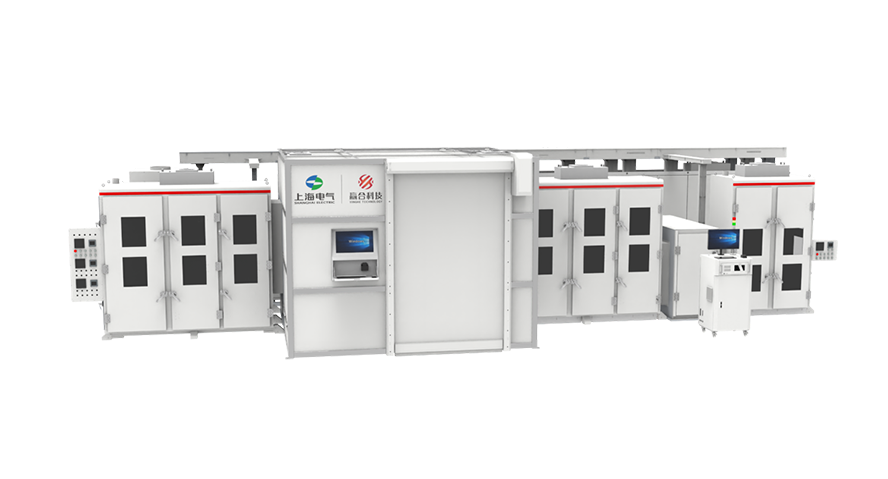The rapid growth of the electric vehicle and renewable energy markets has created a pressing need for efficient lithium battery manufacturing. A well-designed lithium battery assembly line addresses several critical challenges faced by manufacturers today, ensuring that production meets both quality standards and market demands.
Enhancing Production Efficiency
One of the primary issues in battery manufacturing is achieving high production efficiency. Traditional manufacturing methods can lead to bottlenecks and increased labor costs. By integrating advanced lithium battery automation equipment, manufacturers can streamline their processes, significantly reducing cycle times and improving overall output. Automated assembly lines not only minimize manual intervention but also enhance consistency in battery quality, which is vital for consumer trust and safety.
Reducing Operational Costs
Operational costs remain a significant concern for battery manufacturers. Inefficiencies in production can lead to excessive waste and high energy consumption. Lithium battery assembly lines address these issues through optimized workflows and the deployment of intelligent manufacturing technologies. By employing an experienced lithium battery automation equipment manufacturer, companies can implement solutions that reduce scrap rates and energy expenditure, ultimately leading to improved profit margins.
Ensuring Quality Control
Maintaining high-quality standards is paramount in battery manufacturing, where even minor defects can have serious repercussions. Automated assembly lines incorporate advanced quality control systems, which utilize real-time monitoring and data analytics to detect anomalies during production. This proactive approach helps mitigate risks and ensures that each battery meets rigorous safety and performance criteria, thus enhancing the reliability of the final product.
Partnering with Experts for Success
As businesses navigate the complexities of battery manufacturing, partnering with top-tier companies like Yinghe can provide a competitive edge. With 10 subsidiaries and 4 major manufacturing bases worldwide, Yinghe Technology boasts an impressive annual production capacity of 20 billion units. Dedicated to its mission of “Helping Customers Achieve Excellence,” Yinghe emphasizes building a localized global service network that offers full lifecycle management of equipment. Their commitment to providing agile local services and intelligent equipment solutions positions them as a leader in the lithium battery automation sector.
In summary, lithium battery assembly lines play a crucial role in overcoming key challenges in battery manufacturing. By leveraging advanced automation and partnering with experts like Yinghe, manufacturers can enhance efficiency, reduce costs, and ensure the highest standards of quality.


